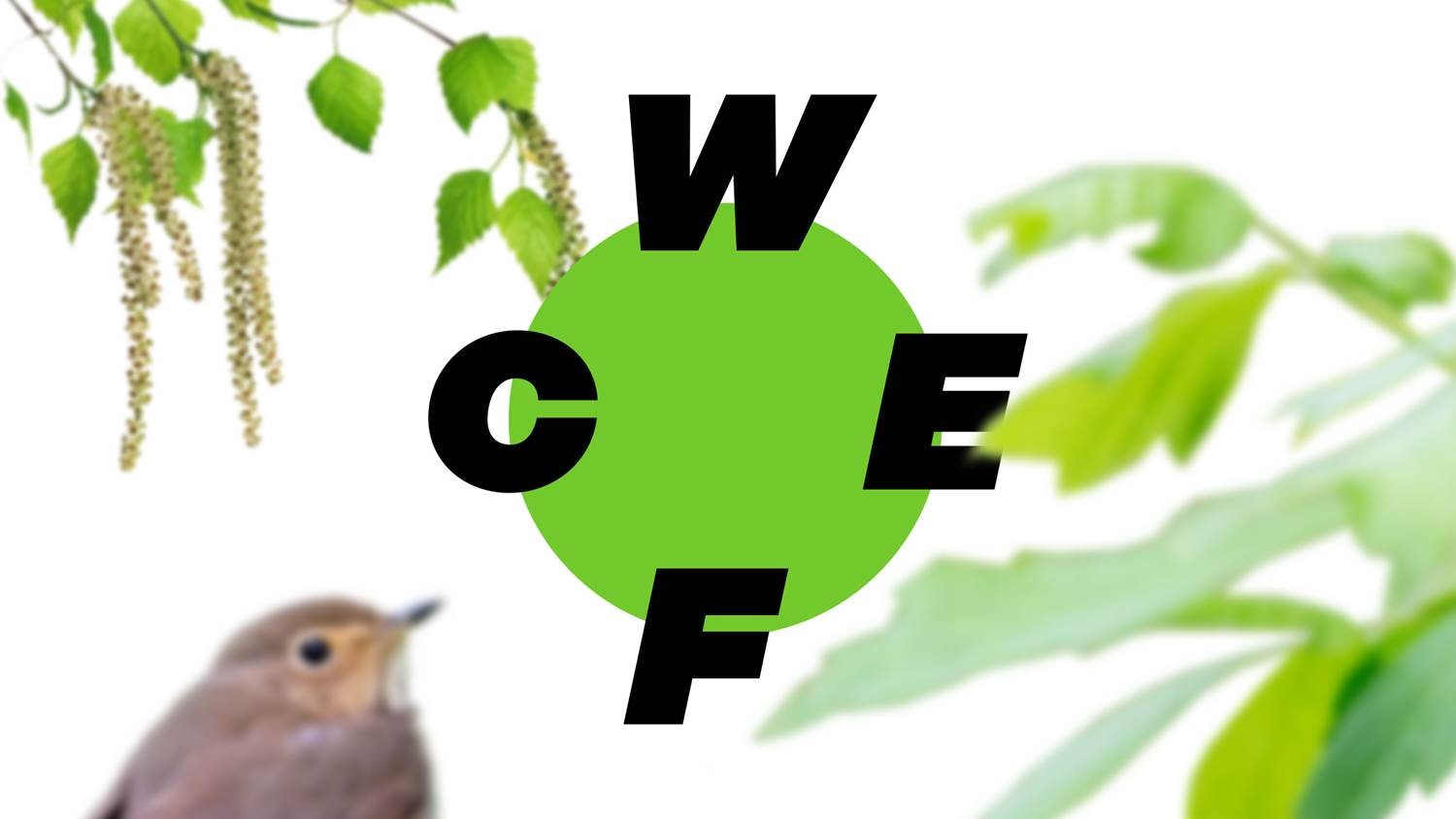This year, WCEF2019 tackles topics such as the fair renewal of the world economy and once more presents the world’s top circular economy solutions. In a circular economy consumption is based on use instead of ownership of goods, such as with communal and rental services. For example, in Nairobi, Kenya, you can book a brand new e-car using a digital sharing platform. And in the US you can rent a unique top designer gown for an event or a party through an online service.
Additionally, a circular economy offers lower income entrepreneurs improved business opportunities as waste and leftover materials can be used to build new construction sector business operations – as demonstrated by one of the examples presented at WCEF2019. International trade channels must enable the growth of the circular economy and not diminish the opportunities of those with limited means by imposing tariffs and other obstacles to free trade. New circular economy solutions allowing for fairer and more equal income distribution are constantly being innovated in urban hubs, rural areas, individual businesses and nations the world over.
“A circular economy makes many services and commodities available to those who previously could not afford them. When there is no need to purchase goods for yourself, there is no need for initial investment and various commodities can be enjoyed with a usage fee,” says Mari Pantsar, Director of WCEF’s organising partner Sitra, about the circular economy’s potential for promoting equality and fairness.
Best “secrets” shared globally
WCEF2019 focuses on how circular economy solutions emerging around the world – the “best secrets” of the circular economy – can be implemented as widely as possible so that their benefits can be distributed in a fair manner. The UN environmental conference’s UNEA4 ministerial declaration in March emphasised the role of the circular economy as a tool for building sustainable consumption models, and this, in part, is something that WCEF responds to. The circular economy is also becoming a key topic for the G20 nations’ meetings held in Japan in June. The country chair for the G20, Japan, hosted the previous World Circular Economy Forum in October 2018.
Fairer economic solutions will be discussed at WCEF2019 in Helsinki by Chile’s Minister for the Environment Carolina Schmidt, who will be acting as chairman for the international climate negotiations held in late 2019, CEO of the Inter IKEA Group Torbjörn Lööf, Vice President of the European Investment Bank Emma Navarro, chairman of the Carlsberg Foundation Flemming Besenbacher, Vice President of Sustainable Development at the World Bank Laura Tuck, Head of Climate Change and Green Growth at the African Development Bank Anthony Nyong, Director of the European Environment Agency Hans Bruyninckx, UN Assistant Secretary General Elliot Harris, Director of the UN Environmental Programme Ligia Noronha, Head of the Department of the Environment at the European Commission Daniel Calleja and CEO of Fiskars Jaana Tuominen, among others.
“WCEF2019 offers the world’s financial institutions tools for building a more sustainable and fair future. As our natural resources dwindle, we don’t need a revolt for renewing the world economy, but a fair, inclusive and more efficient economy – the full deployment of a circular economy,” Pantsar says.
The objectives of the Paris Agreement cannot be achieved without a global circular economy. WCEF is also working to establish a discourse on the EU’s net zero emissions material industry, and on the potential circular economy solutions and business models have in achieving this objective.
Media inquiries and press accreditation for WCEF2019
Press accreditation for the event is available on the event website at https://www.sitra.fi/en/articles/wcef-media/.
Media inquiries and interview requests should be addressed to Communications Specialist Samuli Laita, presswcef2019@sitra.fi, +358 40 536 8650.
The event can also be followed live online at www.wcef2019.com.
Further information about the forum
Mika Sulkinoja, Project Manager, WCEF2019, Sitra mika.sulkinoja@sitra.fi, +358 (0)50 357 1723
Mari Pantsar, Director, Carbon-Neutral Circular Economy, Sitra, mari.pantsar@sitra.fi, +358 (0)50 382 0755
